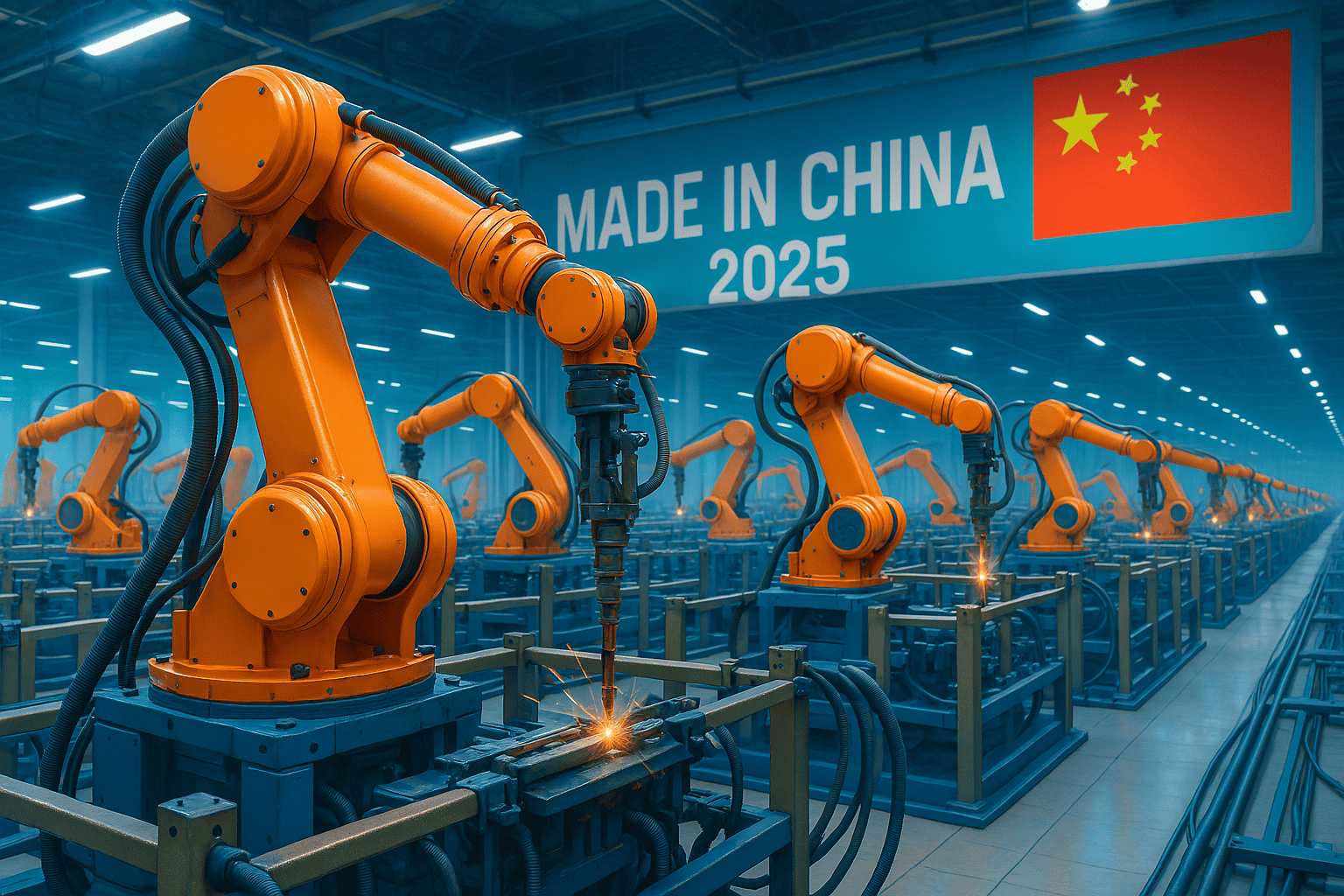For nearly all her career, Thea Lee has focused on defeating new free-trade agreements, arguing that pacts like the North American Free Trade Agreement and efforts by the U.S. to ease China’s entry into the World Trade Organization undermined workers in the United States. From 1997 to 2017, she was the lead trade policy official at the AFL-CIO and later became deputy chief of staff there. From 2018 to 2021, she was president of the Economic Policy Institute, a progressive Washington D.C.



